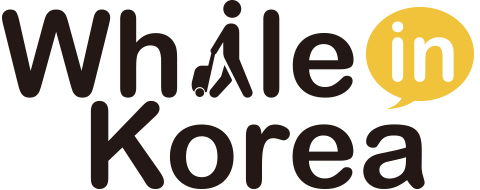June 2019

Contents
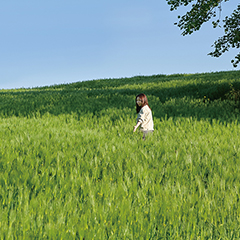
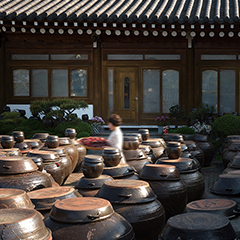
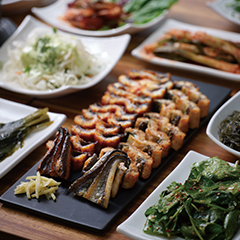
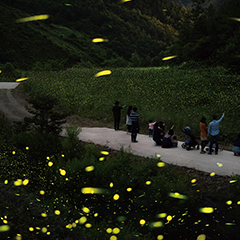
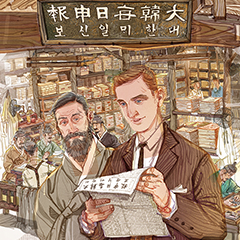
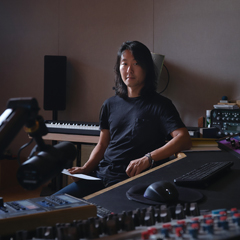
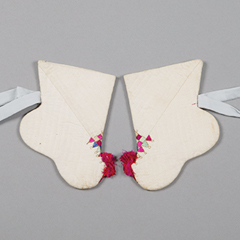
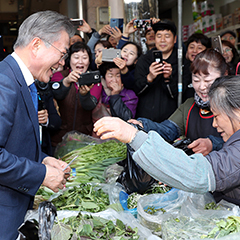

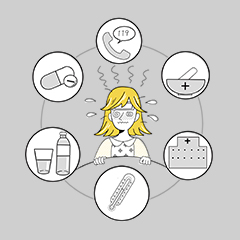
While in Korea · Written by Min Yea-Ji Illustrated by Yuhaill
Emergency
Jessie loves Korea and considers it a safe country,
but what she’d do in the event of an emergency makes her
a little nervous. With the help of her friends
Pedro and Su-hyeon, she learns about what to do
in such a situation while in Korea.
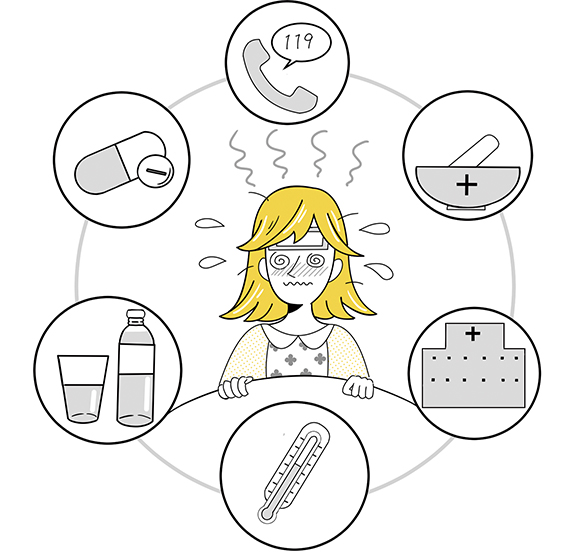
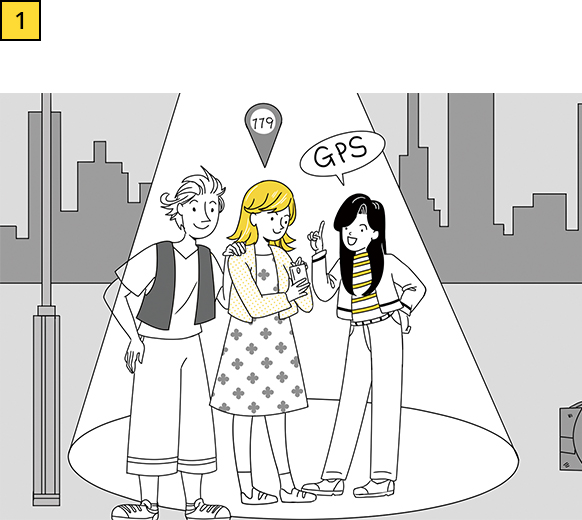
Jessie: One thing I really like about Korea is that it’s safe, and so I can roam around freely at night.
Su-hyeon: True. A lot of foreign residents commend the country’s safe streets at night.
Jessie: Yeah, but what if something dangerous happens to me late at night? We might witness such an incident, if not become a victim. This thought scares me, especially since I’m not fluent in Korean.
Su-hyeon: You can call 112 to report a crime to police or 119 to request ambulance service from the fire department or a medical emergency center. There’s also a 119 app you can download on your smartphone.
Jessie: Oh, that’s a good idea.
Su-hyeon: The app is called ‘119 신고 (119 Multichannel Emergency Reporting System)’. You can report your location by just activating the GPS and touching the app and notify authorities of your situation simply by making a video call and showing your surroundings on the screen. So you should be fine even if you don’t speak Korean well.
Su-hyeon: True. A lot of foreign residents commend the country’s safe streets at night.
Jessie: Yeah, but what if something dangerous happens to me late at night? We might witness such an incident, if not become a victim. This thought scares me, especially since I’m not fluent in Korean.
Su-hyeon: You can call 112 to report a crime to police or 119 to request ambulance service from the fire department or a medical emergency center. There’s also a 119 app you can download on your smartphone.
Jessie: Oh, that’s a good idea.
Su-hyeon: The app is called ‘119 신고 (119 Multichannel Emergency Reporting System)’. You can report your location by just activating the GPS and touching the app and notify authorities of your situation simply by making a video call and showing your surroundings on the screen. So you should be fine even if you don’t speak Korean well.
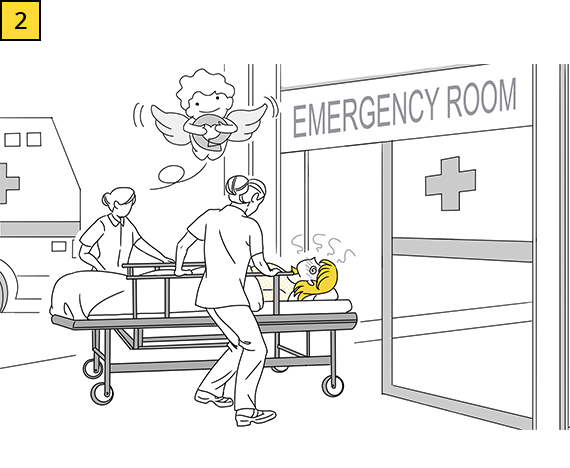
Pedro: What if I get sick late at night?
Su-hyeon: I guess it depends on the type of illness, but you can get over-the-counter medicine for fever or indigestion at convenience stores, most of which are open 24 hours a day. Or just look up “Pharm 114” on the web to find one nearest to your house.
Pedro: I’m covered by Korea’s national health insurance.
Jessie: So am I. My school recommended that foreign students apply for national health insurance, so I did. My friend Yuta suddenly came down with a terrible stomachache past midnight and was sent to the emergency room. He had to get several checkups. Thank goodness he was covered by health insurance, otherwise he would’ve had to pay a lot.
Su-hyeon: I always recommend that foreign residents in Korea get health insurance. They can apply for either the national or private insurance. Regardless of which you apply for, you must submit a copy of your alien registration card or any other document that proves that you live in Korea. For international students, a certificate of school enrollment is also required.
Pedro: I’ve lived in Korea for seven years and I’ve gotten a health checkup here before.
Su-hyeon: Local governments also provide free medical service to foreign laborers or multicultural families.
Su-hyeon: I guess it depends on the type of illness, but you can get over-the-counter medicine for fever or indigestion at convenience stores, most of which are open 24 hours a day. Or just look up “Pharm 114” on the web to find one nearest to your house.
Pedro: I’m covered by Korea’s national health insurance.
Jessie: So am I. My school recommended that foreign students apply for national health insurance, so I did. My friend Yuta suddenly came down with a terrible stomachache past midnight and was sent to the emergency room. He had to get several checkups. Thank goodness he was covered by health insurance, otherwise he would’ve had to pay a lot.
Su-hyeon: I always recommend that foreign residents in Korea get health insurance. They can apply for either the national or private insurance. Regardless of which you apply for, you must submit a copy of your alien registration card or any other document that proves that you live in Korea. For international students, a certificate of school enrollment is also required.
Pedro: I’ve lived in Korea for seven years and I’ve gotten a health checkup here before.
Su-hyeon: Local governments also provide free medical service to foreign laborers or multicultural families.
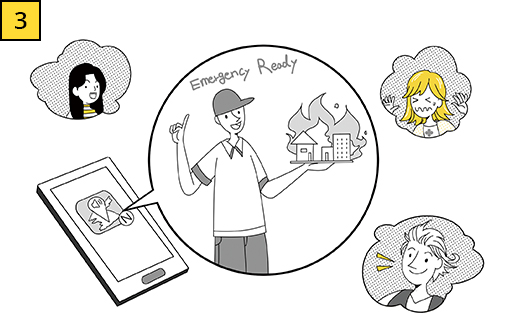
Su-hyeon: I went to the homepage of Safe Korea Education (http://kasem.safekorea.go.kr). Its content is available in several foreign languages, so I’d recommend you read it and tell your other foreign friends about it as well.
Pedro: You can also download the app ‘안전디딤돌 (Emergency Ready) ’ on your smartphone. It texts you warnings of a forest fire, cold wave or another danger in English or Chinese.
Jessie:Oh, I see. Thanks.
Pedro: You can also download the app ‘안전디딤돌 (Emergency Ready) ’ on your smartphone. It texts you warnings of a forest fire, cold wave or another danger in English or Chinese.
Jessie:Oh, I see. Thanks.
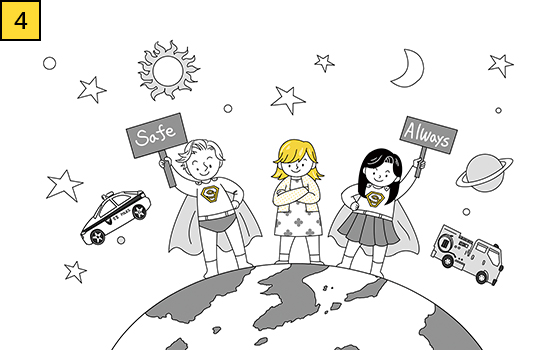
Jessie: The best-case scenario is if we never get sick and or face an emergency. But I feel more at ease now that I know what to do in an emergency.
Su-hyeon: I think Pedro knows more about these things than I do. Please tell me more, too.
Pedro: OK, I’ll be sure to share more information like this.
Su-hyeon: I think Pedro knows more about these things than I do. Please tell me more, too.
Pedro: OK, I’ll be sure to share more information like this.
Other Articles











